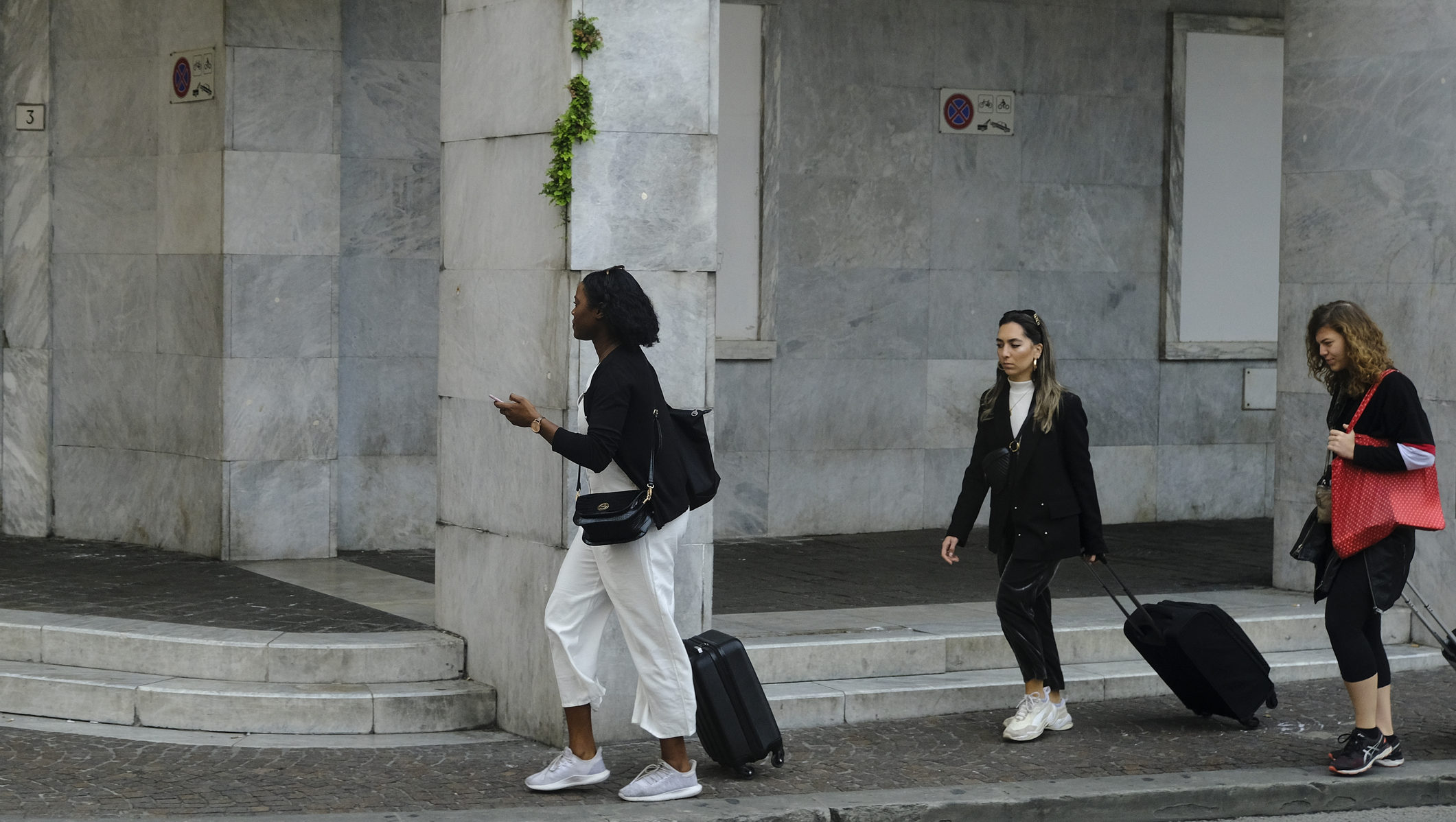Airbnb, the leading online marketplace for lodging and tourism experiences, has come under fire from Congress due to hosts exploiting the platform and its users.
In October, former Vice staff writer Allie Conti wrote about accidentally stumbling upon the nationwide scam. “While searching for the person who grifted me in Chicago, I discovered just how easy it is for users of the short-term rental platform to get exploited,” she said. Earlier, The New York Times reported how a property group used fake accounts to abuse the platform.
The online lodging platform has also come under intense fire recently following a shooting at a rental that killed five in Northern California at a Halloween party. The parents of a victim killed in the incident say in a lawsuit that Airbnb failed to properly vet the people who rented the house.
Congressional investigators followed up this month with a letter to Airbnb’s CEO Brian Chesky that contained a laundry list of questions regarding deceptive practices and misleading or false hosts.
Even though Airbnb has insisted it has a ‘One Host, One Home’ policy, as well as a zero-tolerance policy for misleading accounts, media reports have raised repeated concerns about the rapid increase of limited liability corporations using the site as hosts. Deceptive and misleading listings “have also led to customers being scammed by ‘hosts’ who abuse Airbnb’s cancellation policies to trick guests into unsuitable housing conditions for monetary gain,” Congress members charged.
Chesky said the company is making plans to be “100 percent verified” by the end of 2020. All hosts and listings will be reviewed as part of the process, with the goal of making sure that hosts are who they say they are, photos and information are accurate, and the locations meet safety standards, according to news reports.
Fair-housing advocates, reported Tonya Riley of The Washington Post, are accusing Airbnb and other short-term rental platforms of abusing the legal provision that grants tech companies broad immunity for content people post on its platforms. They want Congress to ensure online rental services cannot ignore—and profit from—listings that violate state and local housing laws.
Related: Airbnb to Ban Party Houses, Enhance Other Security Measures
“The Airbnb model essentially says, we don’t care whether your vacation rental is illegal, we don’t care whether your vacation rental is disrupting neighborhoods, we don’t care if your vacation rental is jacking up housing prices and removing inventory from the local community,” said Rep. Ed Case (D-Hawaii), a former hotel executive. “That model has had serious negative effects on communities across the country.”
Airbnb has since charged that the bill is a ploy by the hotel lobby to stifle competition and that it “knowingly ignores” the company’s record of reaching compromises with cities to enforce short-term rental rules and collect taxes.
As Airbnb and its adversaries continue their war of words, Airbnb announced a partnership with San Jose Mayor Sam Liccardo, San Jose State University and Bill Wilson Center. In 2018, SJSU reported that approximately 14 percent, or 4,000 of its students, had experienced some type of homelessness while enrolled at the university. Airbnb says it will help alleviate these student struggles by allowing students to book short-term stays, [which] will range between a few days to a few weeks and up to several months—as determined by individual need—while Bill Wilson Center works to identify a long-term, stable housing solution for participating students.” The center will use existing federal, state, and local funding sources to cover the short-term rents, SJSU said in a statement.




